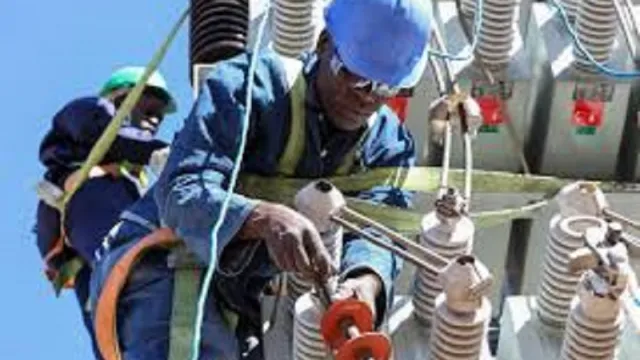US firm raises red flag over late payments by Kenya Power

US firm raises red flag over late payments by Kenya Power
US energy firm Ormat Technologies has raised concerns over delayed payments by Kenya Power one of its major sources of revenues from the sale of geothermal.
In its latest fillings Ormat Technologies said it witnessed the worst delays in payments from KPLC of up to Sh5.3 billion by the end of last year.
In January, Kenya Power which accounts for 16.4 per cent of the US company total revenues, wired Sh1.7 billion as part of the debt.
“There has been a deterioration in the collection from KPLC that became slower than in the past, and as of December 31, 2020, the amount overdue from KPLC in Kenya was Sh5.3 billion ($48.9 million) of which Sh1.7 billion ($16.2 million) was paid in January and February of 2021. Any change in KPLC's financial condition may adversely affect us,” Ormat Technologies said in a Securities Exchange Commission filing.
Read also: Here’s everything wrong with KPLC numbers
Ormat Technologies’ power purchase agreement was modified thrice, allowing it to increase capacity to sell more energy to the electricity distributor.
The leading geothermal driller in the country commissioned a new 29 megawatts (MW) unit within the Olkaria III complex, pushing its overall generating capacity to 139 MW.
The US firm relies heavily on Kenya Power for revenues but the electricity distributor has been struggling to meet its ballooning debt even with higher electricity sales. Kenya Power has been blaming its woes on lower consumer tariffs against expensive inventory.
Kenya Power sunk to a Sh939 million after tax loss for the year ending June 2020 even after getting a Sh6.1 billion tax credit from lower corporate taxes given to companies by the government to survive the coronavirus pandemic.
The tax credit, however, lifted the company from a pretax loss of Sh7 billion.
Read also: Why the government will push its companies to pay dividends
Its half-year profit in six months of operations to December 2020 declined 80 per cent to Sh138 million from Sh692 million in 2019 on higher financing costs as a result of unrealized foreign exchange losses occasioned by the depreciation of the shilling against major foreign currencies.
Kenya Power says receipts from customers have been on the decline due to reduced consumption and payments for already consumed power, hurting its liquidity position.
The Covid-19 containment measures such as the curfew introduced mid-March 2020 resulted in widespread interruption of commercial and industrial operations, slowing down electricity consumption in the country.



